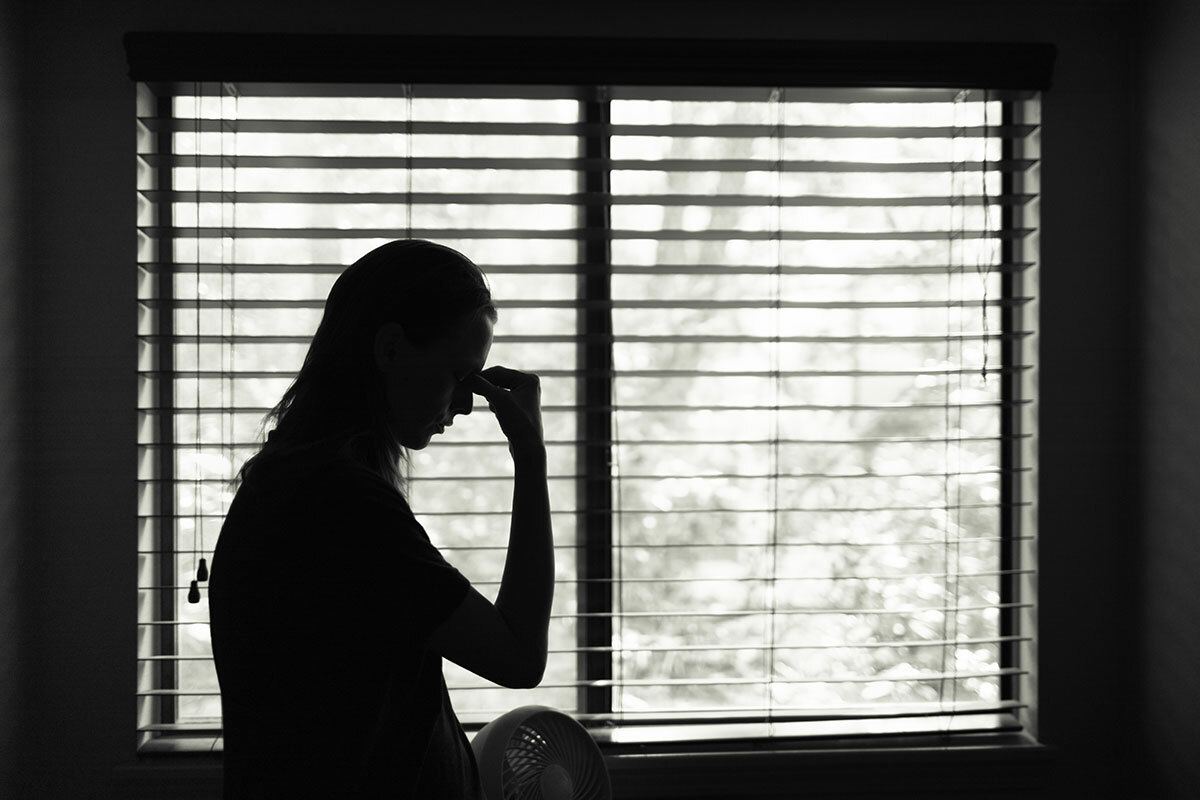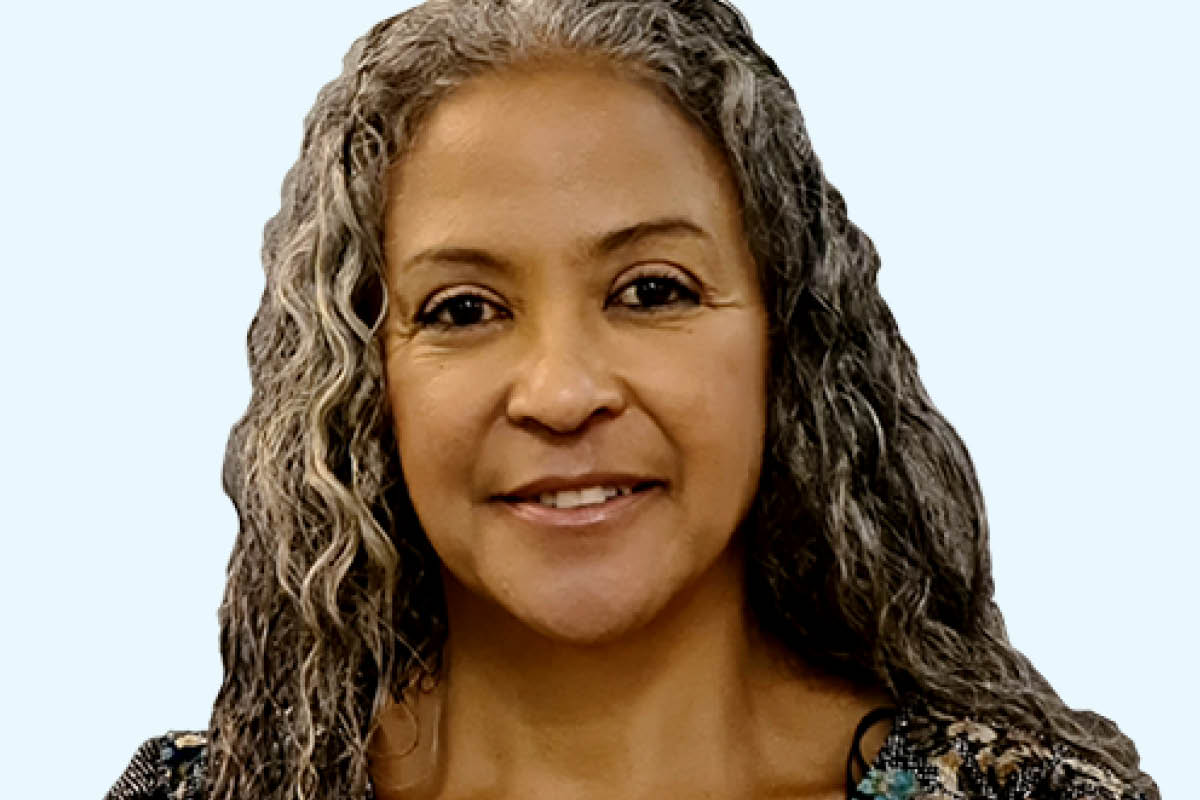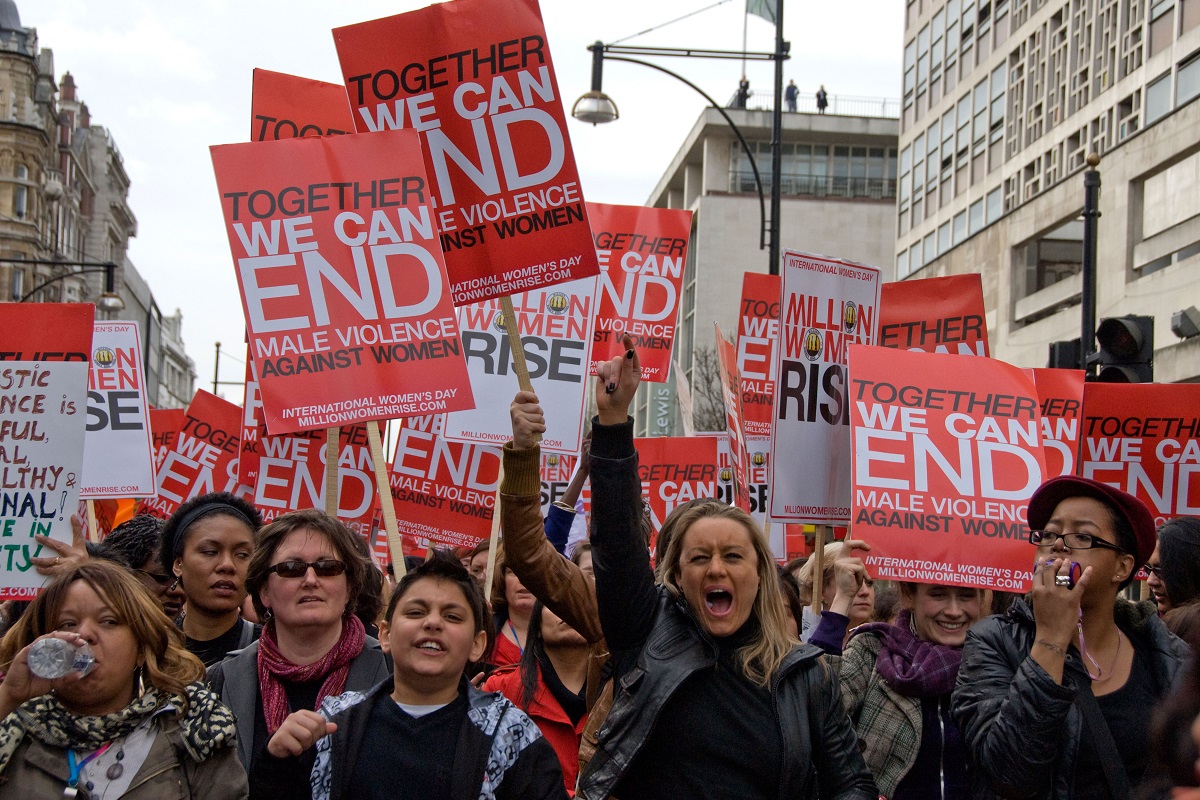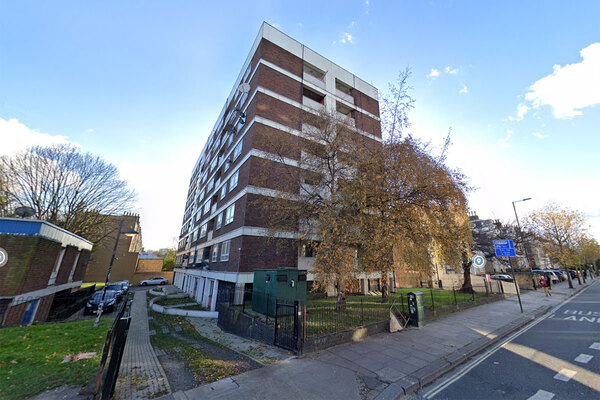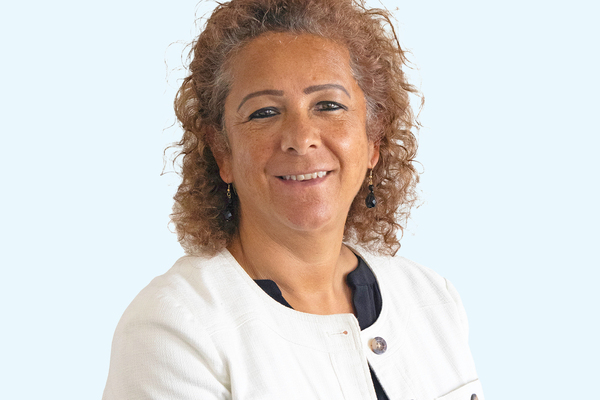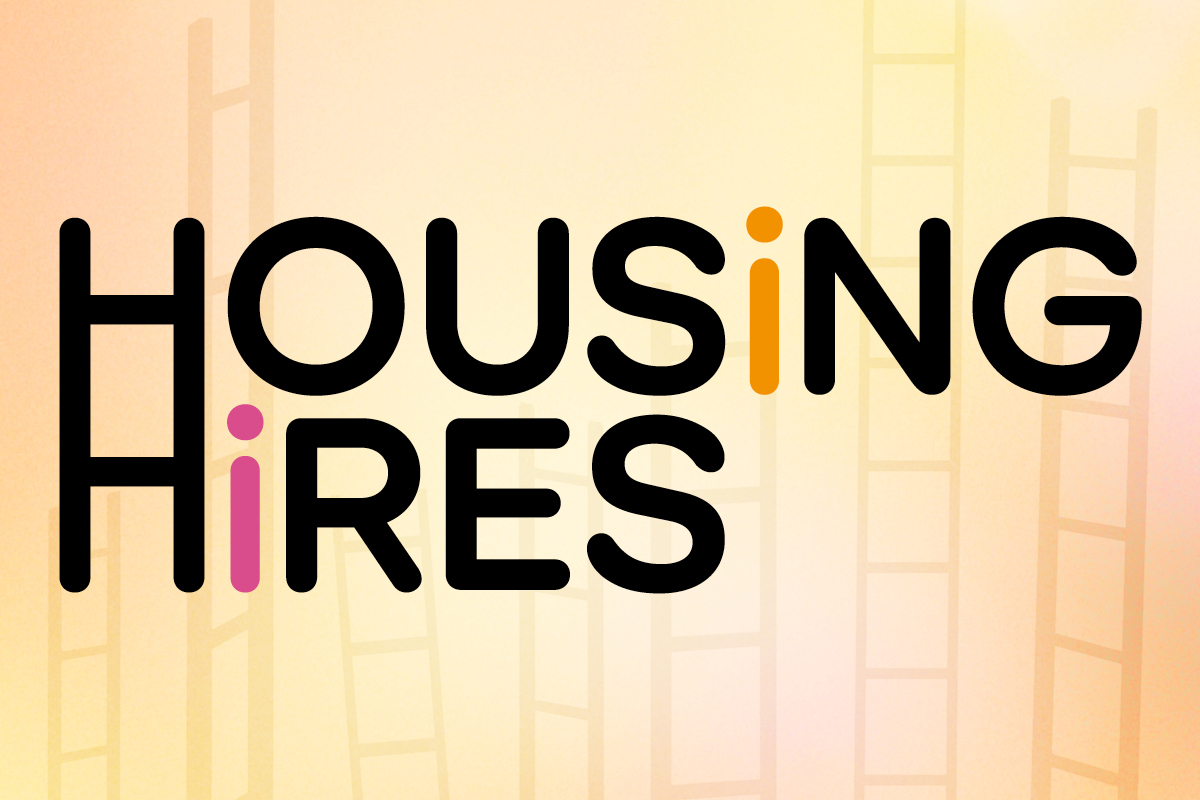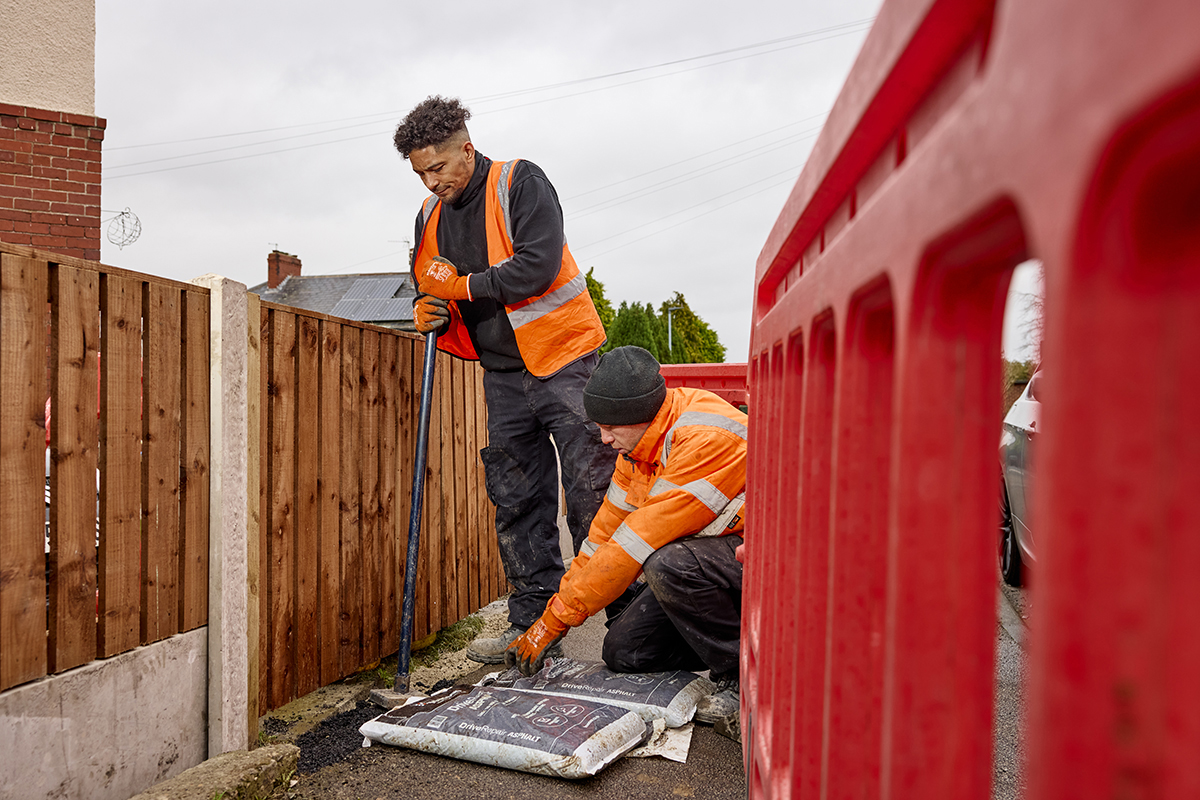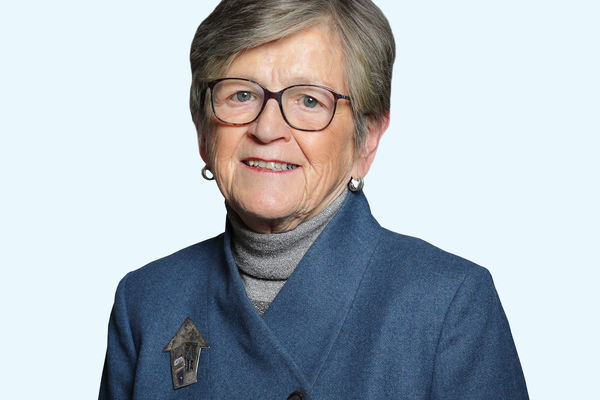You are viewing 1 of your 1 free articles

How regulations are going to demand more of social landlords on domestic abuse
Darren Burton sets out how social landlords should prepare for an expected increase in responsibilities over domestic abuse currently under consultation
The Regulator of Social Housing’s (RSH) new consultation on domestic abuse regulation is likely to place greater responsibility on housing associations to support victims and survivors beyond the provision of alternative housing.
The consultation will take place against a backdrop of factors that all point towards the importance of a safe place to live. There’s a growing challenge for housing associations to identify suitable properties for those affected by domestic abuse, at a time of increased demand and reduced supply.
Inside Housing recently reported about this issue, with domestic abuse survivors being turned away from safe accommodation due to a lack of capacity.
Additionally, the Domestic Abuse Act 2021 requires landlords to work with local authorities (and other bodies where appropriate) to develop strategies for helping provide victims of domestic abuse and their children with safe accommodation.
It’s reasonable to expect refuge to feature prominently in new domestic abuse regulation for housing associations. However, there are also plenty of indicators that forthcoming regulation will not stop there and will require registered providers of housing to be more active in addressing issues of domestic abuse.
The RSH’s consultation will have to consider key sections from the Social Housing White Paper (November 2020), including Section 136. Part of this states that “landlords have a role to play in supporting the victims of domestic abuse. They are well-placed to identify early signs of abuse”.
Section 137 also outlines an expectation for the regulator to review and amend standards to make it clear that landlords have policies for tackling issues surrounding domestic abuse.
It is plausible that new regulation will task housing associations with a responsibility to spot and report domestic abuse among tenants, with the view to driving earlier intervention to stop the crime and support victims. Although this can seem quite an undertaking, housing associations are well placed to make it a reality.
“Housing associations should review any historic reports and cases of domestic abuse affecting their tenants to consider how these were handled”
For example, social landlords may receive reports from residents of property damage or disturbances. Maintenance engineers may also see evidence of domestic abuse during visits to a tenant’s home, or staff can become aware of problems when handling rent arrears.
In many cases, financial problems and missed payments point to economic domestic abuse.
To prepare themselves for new regulation, housing associations should review any historic reports and cases of domestic abuse affecting their tenants to consider how these were handled. This may identify opportunities for better spotting the signs of abuse and for improving the levels of support provided to tenants. It can also identify training requirements to enhance staff knowledge and awareness.
Beginning with the reporting and identification of domestic abuse will help create the foundations for response planning that gets to the heart of how domestic abuse cases are handled. From here, housing associations will be able to start looking at the support they require and steps for creating a clear plan that helps them to take responsibility for supporting victims including children.
Although new domestic abuse regulation is to be determined, housing associations can also prepare for the future by considering how their local authorities are effectively satisfying parts of the Domestic Abuse Act 2021.
The act sets out a requirement for domestic abuse local partnership boards. The appointment of these boards is intended, in part, to improve delivery across all agencies in supporting victims, survivors and witnesses of domestic abuse. This can encourage collaboration and provide housing associations with access to expertise and experience.
Engaging with specialist organisations and charities can help to gain a clearer understanding of the wider challenges and needs of supporting people affected by domestic abuse, whether that’s facilitating their transition to alternative accommodation or helping them to feel safe in their community. It’s also an approach which may help registered providers of housing to fulfil the expectation from the Social Housing White Paper that landlords will work with other agencies to tackle this crime.
Rather than waiting for outcomes from the RSH’s consultation, it could also be advantageous for housing associations to consider statutory guidance for local authorities, which was published in October 2021 by the Department for Levelling Up, Housing and Communities.
This guidance sets out what local authorities should do to fulfil their statutory responsibilities to support all victims of domestic abuse and refers to many different parts of the law. For example, the Equality Act, Human Rights Act, Housing Act, Homelessness Act, Crime and Disorder Act, and the Domestic Abuse Act.
Considering compliance in each of these areas, along with any existing provisions for addressing domestic abuse, could help housing associations to create a blueprint for enhancing their role in tackling domestic abuse and better supporting affected tenants.
Darren Burton, head of housing consultancy services, Forbes Solicitors
Darren Burton is speaking at Housing 2023. Hear from him in the ‘Domestic abuse: planning for regulatory requirements’ session at 9.30am on 29 June. To find out more, click here
Sign up to the Regulation and Governance Conference
A brand new housing sector conference shining a light on changing regulation and best practice governance – from financial and ethical governance, to ensuring a fair and good service for tenants.
Bringing together 250 UK housing governance professionals in one setting for the first time, this event is an unmissable opportunity to kick-start critical discussions around regulatory policy, tenant satisfaction, accountability, transparency and financial risk management.
Sign up for our legal and regulation newsletter
Already have an account? Click here to manage your newsletters

